BKLYN — The Musical gives itself a headache for no reason. What does ‘BKLYN’ mean? Perhaps it’s a random jumble of letters caused by a muffin landing on the keyboard. A punter who sees the title once and later looks it up online is unlikely to recall the precise order of the letters, and his search will probably fail. And he’ll have trouble discussing the show with his friends because he won’t know how ‘BKLYN’ is pronounced. It turns out that the show’s heroine is called Brooklyn, and the writers decided to capitalise her name and extract three of its letters. Sensible theatre-makers don’t create problems like this for themselves.
The story begins in the 1960s when an American drifter visits Paris, ‘with nothing but a guitar and a dream’. He meets a waitress at a famous landmark — ‘a café right in the heart of the Eiffel Tower’, as the narrator puzzlingly describes it — and they start an affair. A daughter is born but the relationship dies. Dad returns to America. Mum hangs herself. And so the French orphan, herself a talented musician, must track down her father.
That’s a strong narrative hook. The next bit is even better. She half-remembers a tune that her dad used to sing to her in the nursery. ‘I will find my father,’ she vows, ‘and he will finish that lullaby.’ What a fantastic idea. The power of music to reunite a sundered family and restore order to the universe. Has it been used before? Yes. In Casablanca. ‘Play it again, Sam.’
Sadly the show exploits its promising materials ineffectively. The latter stages of the tale are confusing, and the viewer gets very little help from the production. No money has been spent on costumes or sets. The performers are filmed in a dowdy brick warehouse littered with scrunched-up balls of paper and disused ghetto-blasters. And though the story has a strong French flavour and a Parisian lead character, the show is performed in English with American accents. This wasn’t well thought through.
The Picture of Dorian Gray has been turned into a multimedia show that blends Zoom chats with dramatised scenes in a modern setting. Dorian is played by Fionn Whitehead (from the epic war-bore Dunkirk), whose technique involves wearing a perpetual expression of haunted bemusement. Some may find him enigmatic. The lighting and the costumes in Tamara Harvey’s production are gorgeous to look at. The densely layered editing is a great achievement, feeding the viewer’s hungry mind with a constant stream of new visual data. As a director’s showreel this is an impressive document.
The ambitious script by Henry Filloux-Bennett wants to use Wilde’s classic novel to analyse the world of influencers. We first meet Dorian as a rich, idle youngster who makes tedious video-blogs. His girlfriend, Sybil, dreams of becoming a Shakespearean actress. In a slightly confusing scene, Dorian strikes a bargain with a shadowy associate who offers him worldwide fame in return for his soul. Overnight, Dorian’s videos start to attract squillions of viewers.
Fair enough. But the script offers us no new insights into the phenomena of social media and instant fame. Does the story really fit with the world of digital communications? Dorian’s videos are banal monologues delivered straight to camera and yet his admirers swoon over them. ‘The sheer beauty, the luminosity of the things he was posting.’
And no one seems to know whether Dorian is gay or straight. In Wilde’s era, sexual ambiguity was intriguing and sophisticated. But today everyone is out in the open. Why not Dorian? Sybil appears to have her doubts when he asks her to recite a Shakespearean soliloquy during a Zoom call. ‘Most guys would like a sneak-peak of my bra, not my Bard,’ she says. Perhaps she knows.
Sybil is asked to perform at an RSC gala event but she forgets her lines on stage and blows her big chance. Afterwards, Dorian scolds her for humiliating him in front of his network of global fans. He hasn’t a shred of sympathy for her crushed hopes. That’s a touch heartless. And he reminds her that the audience started to laugh when her memory faltered. This isn’t believable. Audiences don’t jeer at an actor who dries up, they pray silently for a swift recovery.
Dorian’s cruelty to Sybil makes us reappraise his character. Isn’t he just a pea-brained, misogynistic egomaniac? After attempting to destroy Sybil’s personality, he returns to his late-night Zoom chats with his camp friend Harry. Luckily, this louche wag, played by Alfred Enoch, is one of the show’s best features. He lounges on a scarlet sofa in a cravat and a floral jacket making catty remarks about his social circle. His preening, self-adoring charm perfectly embodies the Wildean spirit. Enoch is charismatic, watchable, handsome and funny. Redolent of Richard E. Grant. This could be his moment.
Got something to add? Join the discussion and comment below.
Get 10 issues for just $10
Subscribe to The Spectator Australia today for the next 10 magazine issues, plus full online access, for just $10.
You might disagree with half of it, but you’ll enjoy reading all of it. Try your first month for free, then just $2 a week for the remainder of your first year.

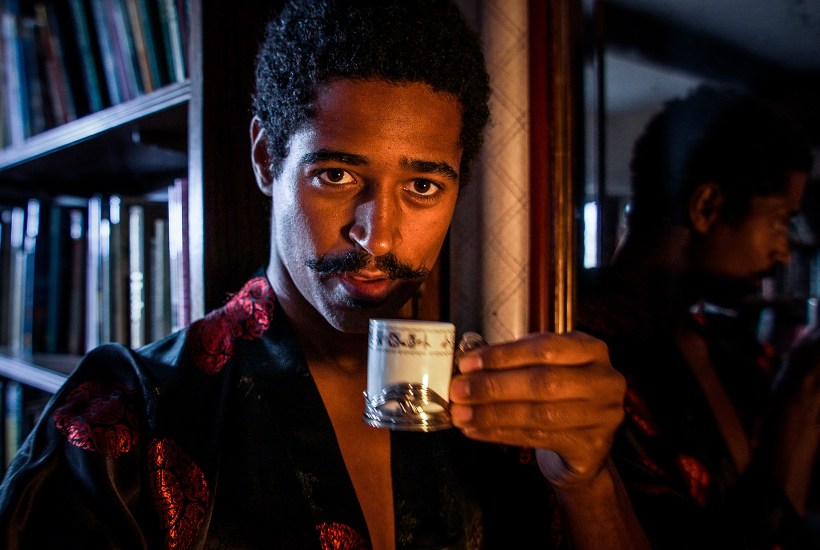

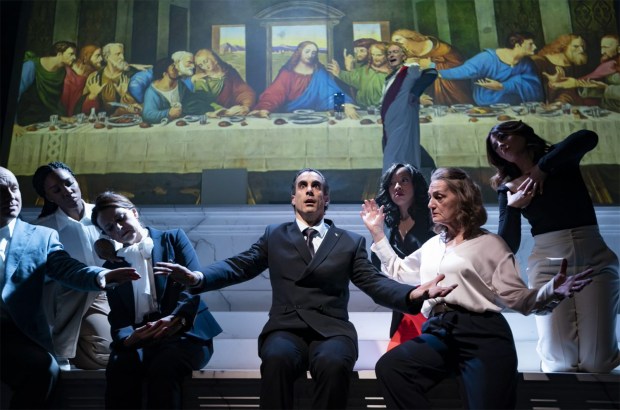
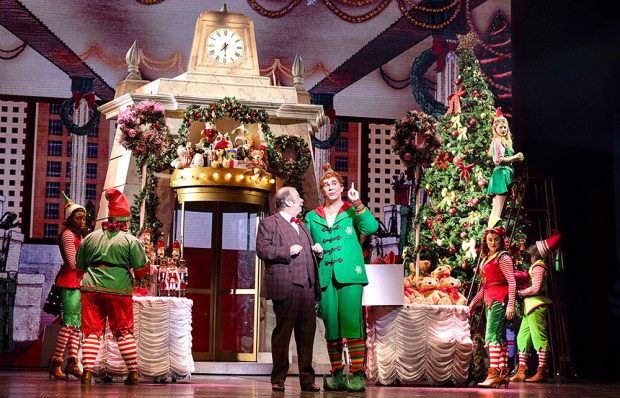
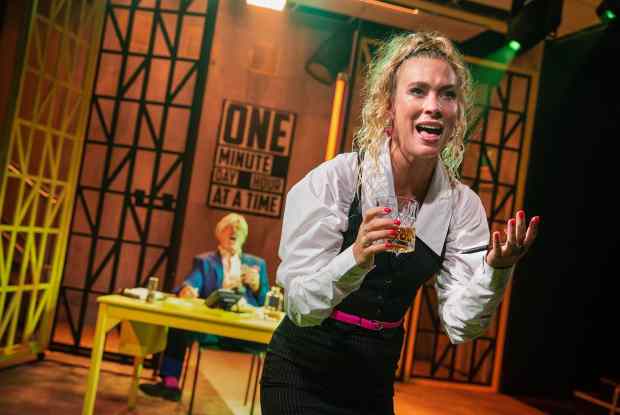
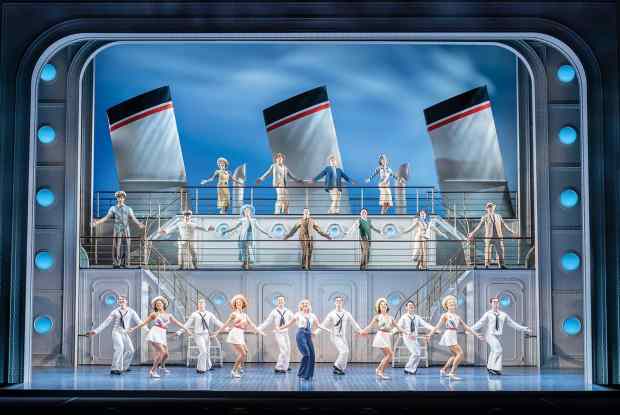
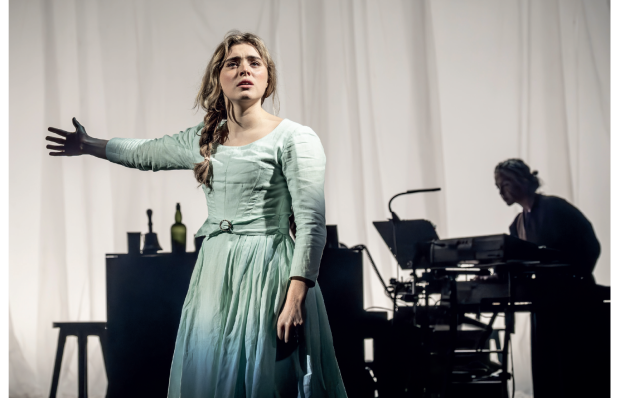






Comments
Don't miss out
Join the conversation with other Spectator Australia readers. Subscribe to leave a comment.
SUBSCRIBEAlready a subscriber? Log in